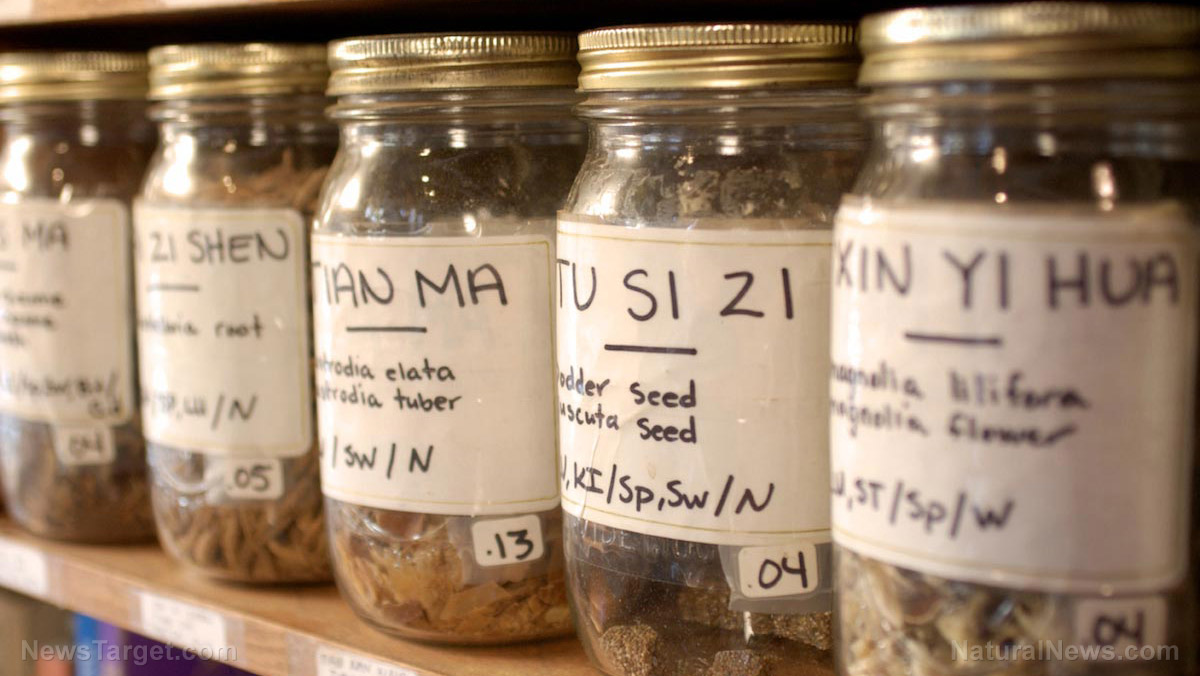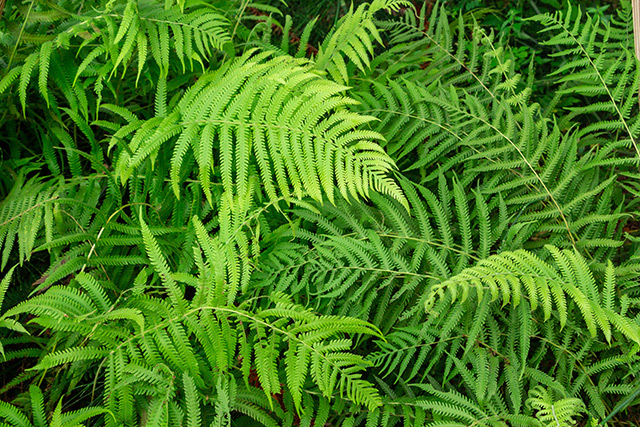Scientists look at anacardic acid as a potential treatment for pancreatic cancer
10/09/2018 / By Edsel Cook

The fruit and seeds of the cashew tree are known to provide many beneficial nutrients and products. Kentucky-based researchers have recently found another positive property, this time related to cancer. They reported that anacardic acid from cashew nuts could help mitigate the growth and spread of pancreatic cancer.
A highly aggressive form of the disease, pancreatic cancer is one of the most deadly cancers known to man. It has become increasingly common in recent years.
Cancer researchers have learned a lot about the biology of the disease, including the molecular mechanisms behind the development of pancreatic cancer. For example, they learned that the signaling molecule called chromatin modifying protein 1A (Chmp1A) can inhibit pancreatic tumors.
Chmp1A does this by activating the tumor suppressor p53 and Ataxia Telangiectasia Mutated (ATM). The latter is known to mutate in patients with familial pancreatic cancer.
Researchers developed anticancer drugs based on these findings. However, these drugs proved to be more toxic and easily resisted by pancreatic cancer than expected. (Related: Presence and amount of gut bacteria can predict how fast pancreatic cancer cells grow.)
Testing anacardic acid on its own and alongside anticancer drugs
This led to a need for complementary therapeutic treatment that could improve the effectiveness of the anticancer treatment. A research team from the University of Pikeville (UPike) took it upon themselves to test anacardic acid as a potential means of treating pancreatic cancer.
Anacardic acid is a dietary supplement derived from cashew apple and nut, cashew nutshell liquid, and mangoes. It is able to prevent the proliferation of cancer cells in the breast, lung, and prostate by regulating signaling pathways and associated molecules that suppress cancer.
In their experiment, the UPike researchers cultured human pancreatic cancer cells. They subjected these cancer cell cultures to three different treatments: anacardic acid only, anacardic acid combined with the anticancer drug 5-Fluorouracil, or anacardic acid and another anticancer drug, Gemcitabine.
In addition to analyzing the cytotoxic effects of pure anacardic acid, the researchers also sought to determine any synergy between the natural substance and the two synthetic anticancer drugs.
Furthermore, they studied the molecular mechanisms involved in the anticancer activity of anacardic acid. They focused on Chmp1A, ATM, and p53, the signaling molecules that are connected with cancer-fighting effects.
Last but not least, they separately tested anacardic acid, 5-Fluorouracil, and Gemcitabine on human pancreatic cancer cells that have silenced Chmp1A molecules. This let them determine if the anticancer effect of the three tested approaches relied on Chmp1A.
Cashew-derived supplement suppresses pancreatic cancer cells, bolsters anticancer drugs
The UPike researchers reported that pure anacardic acid was able to suppress the growth of pancreatic cancer cells. The treated cells formed fewer numbers of smaller spheroids when compared to the control group. The anticancer effect depended on the dosage.
Furthermore, when combined with 5-Fluorouracil or Gemcitabine, anacardic acid was able to improve the cytotoxic effects of either anticancer drug.
Anacardic acid achieved this cancer-suppressing activity by activating Chmp1A, ATM, and p53. By increasing the Chmp1A protein levels, anacardic acid activated ATM and p53 molecules that suppress the development of tumors.
The researchers noted that 5-Fluorouracil and Gemcitabine increased the protein levels of Chmp1A as well. This indicated that the drugs’ cytotoxic action is mediated by the signaling molecule.
When tested on pancreatic cancer cell cultures that silenced the Chmp1A, anacardic acid was not able to suppress cancerous growth. Meanwhile, 5-Fluorouracil and Gemcitabine were able to achieve cancer-suppressing effects. This suggested that anacardic acid relies on Chmp1A for its anticancer effect.
Based on these results, the researchers recommended further study of anacardic acid as a possible means of improving the treatment of pancreatic cancer.
If you wish to learn more about the anti-cancer properties of anacardic acid, visit CancerSolutions.news.
Sources include:
Tagged Under: anacardic acid, anticancer, cancer, Cashews, cytotoxic, dietary supplements, nutrients, nutrition, pancreatic cancer, supplements


















